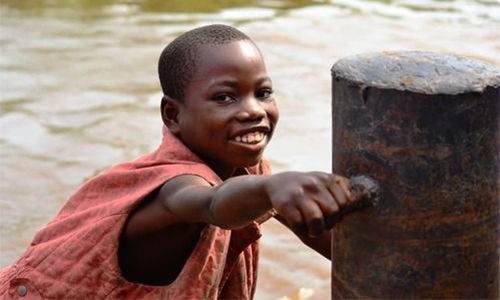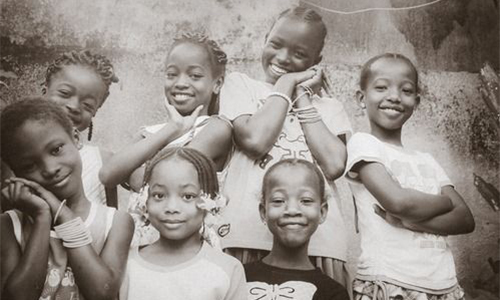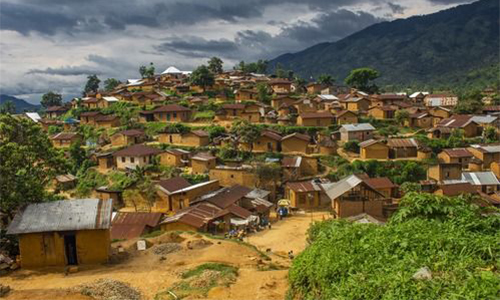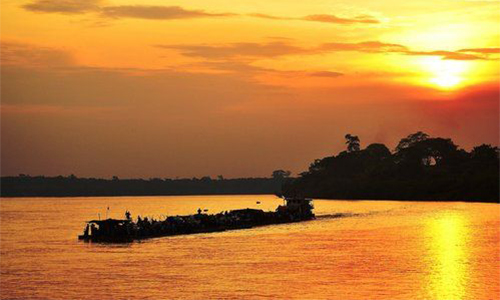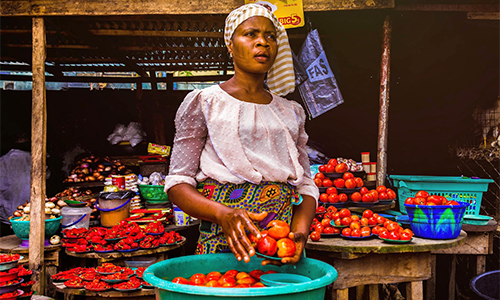
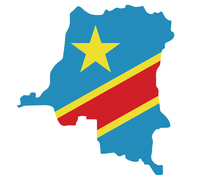
Hope Builders Ministries - DRC
The Democratic Republic of Congo, otherwise referred to as the DRC is the second largest country on the continent of Africa. More than 200 African ethnic groups live in Congo; of these, Bantu peoples constitute a large majority of the country’s population. This also means there are more than 200 different languages actively spoken in the DRC, for which there is no Bible translation available for many of them. There is a very sizable Christian population, the largest proportion of which is Roman Catholic. The remainder of the African population continues to adhere to traditional African beliefs or follows Islam.
More than one-half of the Congolese population is rural, with most people living in scattered villages. The most populous areas are the savanna woodlands of the south-central regions and, to some extent, the coastal regions, where the largest villages shelter some 300 to 500 people.
Instability from years of wars and political upheaval is one of the most significant causes of poverty in the DRC, while poverty and youth unemployment has ignited conflicts. The Democratic Republic of the Congo (DRC) was very poor before the most recent outbreak of civil war in the 1990s.
HBM's work to equip indigenous leaders in the DRC to become Pastors, train disciples, and receive Bibles is having a dramatic impact in advancing the Gospel in the DRC.
89,561,403 (2020)
Median Age: 17
Predominantly Roman Catholic
Infant Mortality: 68.2/1,000
Death Under Age 5:50/1,000
Equipping
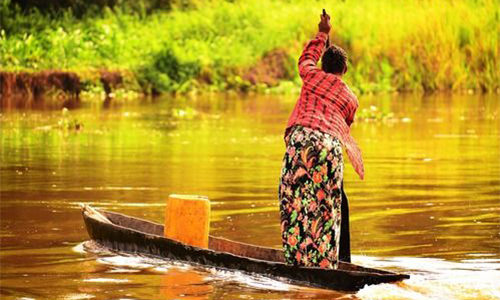
Equip the whole church to do the work of the ministry, building up the body of Christ. Ephesians 4:12
Empowering
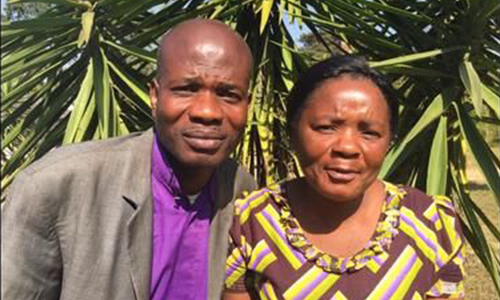
Paul said, "And what you have heard from me...commit to faithful men who will be able to teach others also." 2 Timothy 2:2
Encouraging
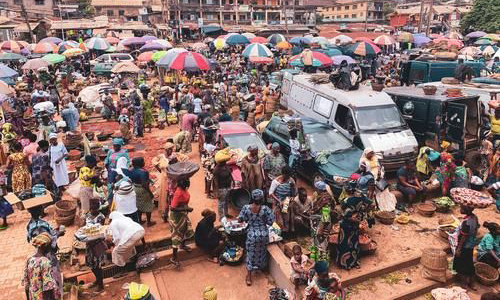
"Therefore encourage one another and build up one another, just as you also are doing." 1 Thessalonians 5:11
Learn more about Hope Builders Ministries' focus on the Three Es on the home page.
Advance the Gospel in the DRC
The DRC remains an extremely challenging environment that has struggled like most of Africa in the pandemic. A lack of access to vaccines will continue to slow the return to normalcy. Though rich in resources, DRC will most likely continue to struggle in key development areas like government transparency, education, healthcare, and un/underemployment. Hopes remain high that violent ethnic conflict in central and eastern provinces will cease and that nearly 5 million refugees in these areas will be able to return to their lives and homes. Continued Chinese investment in critical infrastructure in exchange for mineral rights is opening up roads to new areas for the gospel. Despite (and perhaps in) these trials, DRC remains a fertile field for the Gospel, as an increasing share of Congolese people understand that God alone is the hope for their country. Many all over southern Congo are hungry to be trained to make disciples of Jesus Christ.

